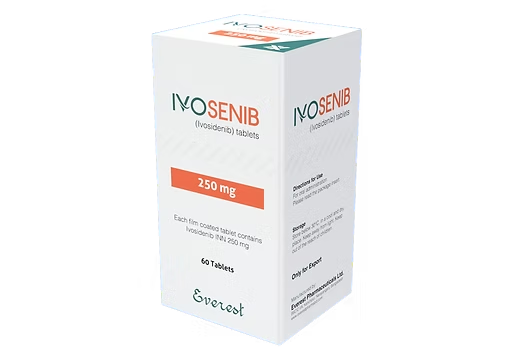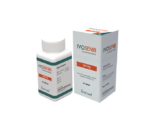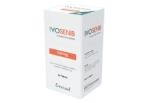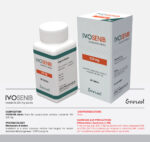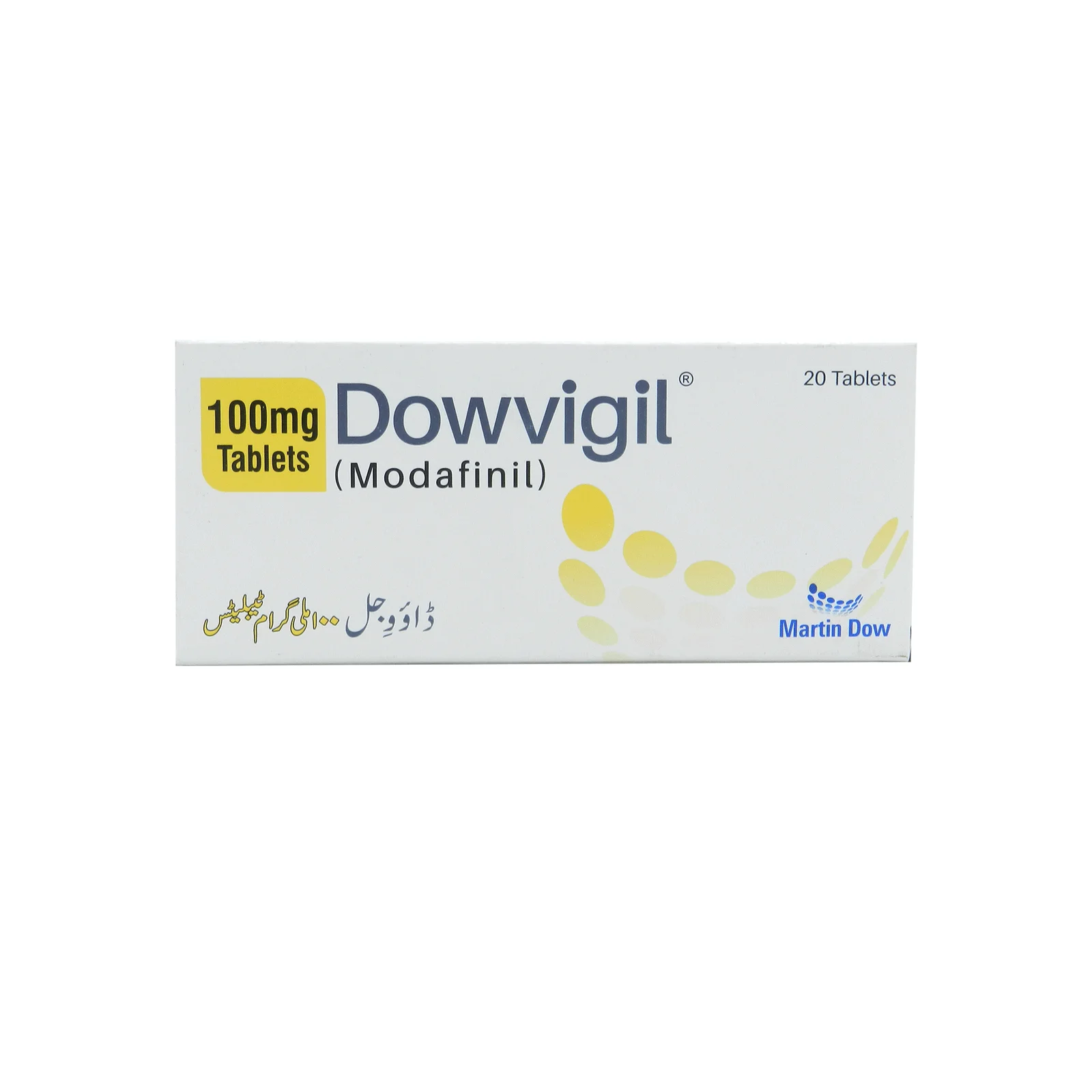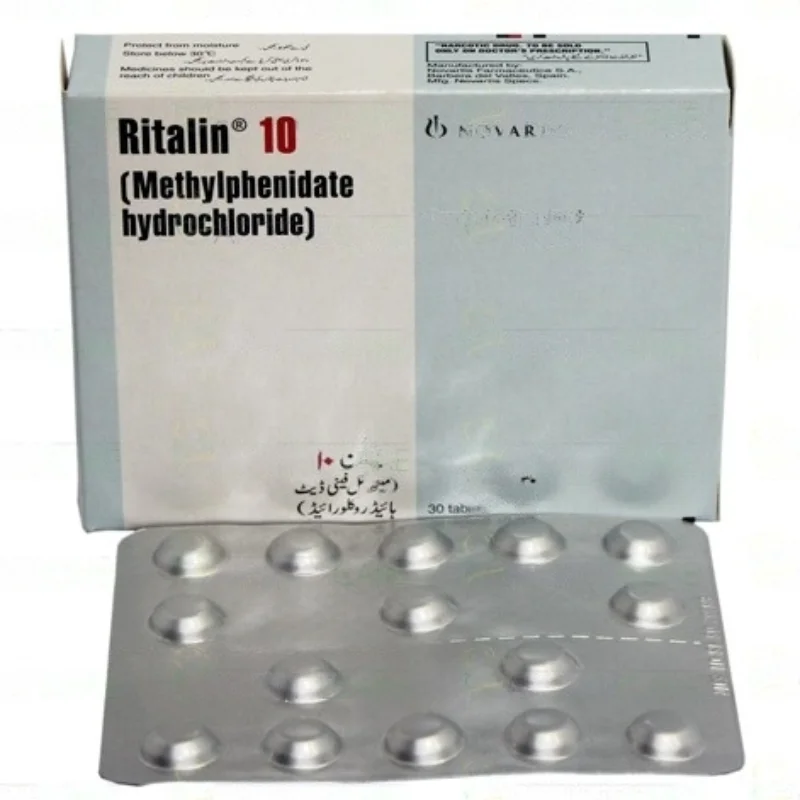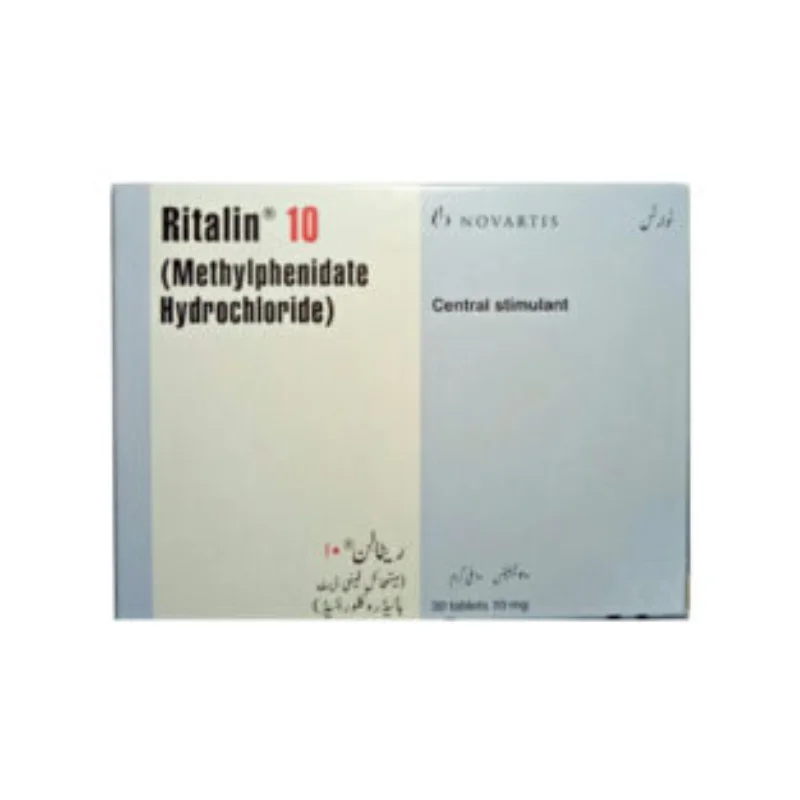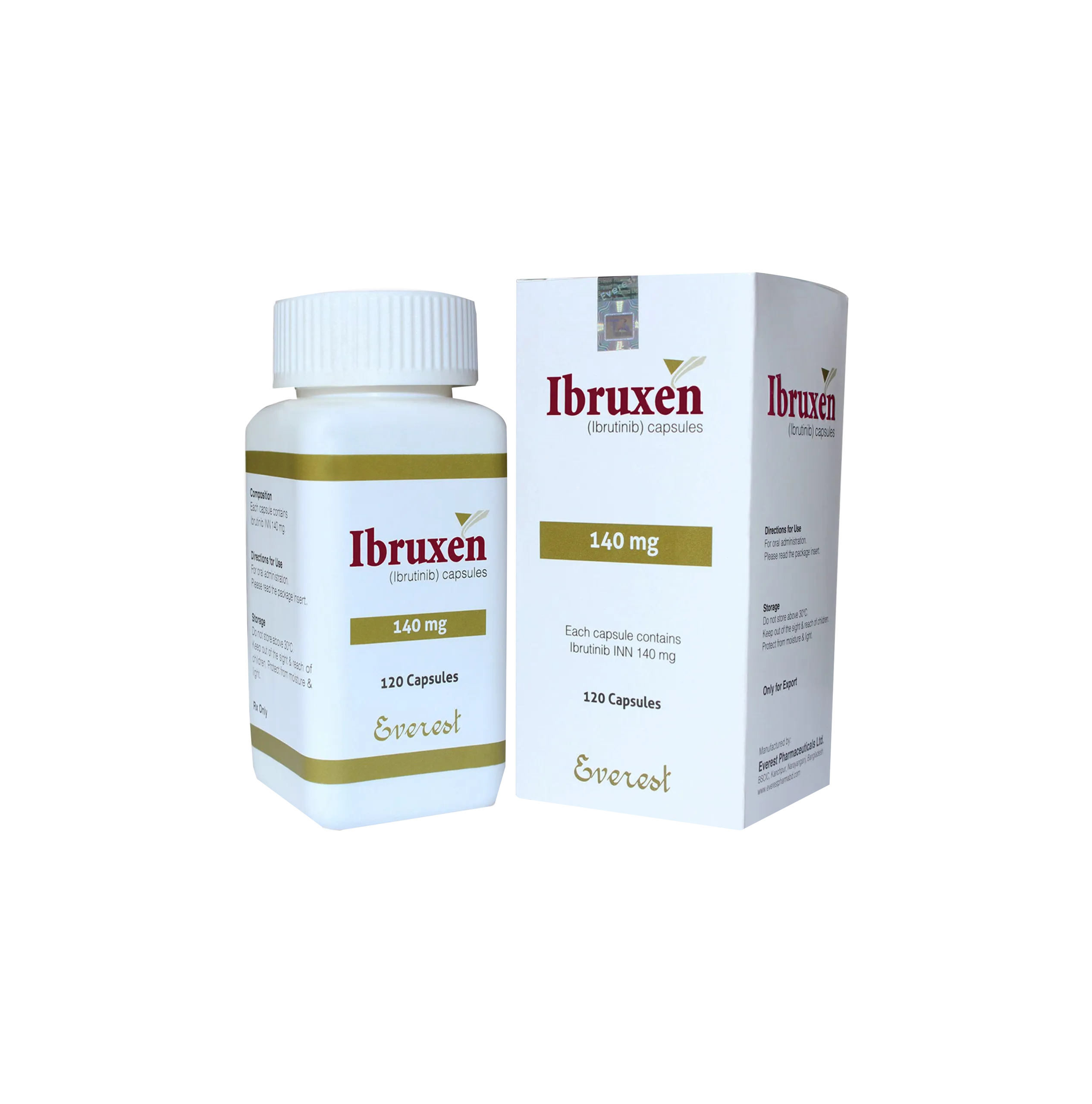

Ivosenib 250mg Tablet (Ivosidenib)
₨94,000.00
Buy Ivosenib 250mg Tablet at the best price in Pakistan from MedicineWalyDost.com. Original IDH1 mutation cancer treatment with fast nationwide delivery. Order now and manage AML, MDS, or cholangiocarcinoma confidently!
Ivosenib 250mg Tablet – Uses, Benefits, Side Effects, and FAQs
Ivosenib 250mg Tablet is a targeted oral medication containing Ivosidenib, an IDH1 inhibitor used in the treatment of specific cancers. It is primarily indicated for:
- Acute Myeloid Leukemia (AML): In adults with a susceptible IDH1 mutation, either newly diagnosed (in combination with azacitidine) or relapsed/refractory cases.
- Cholangiocarcinoma: For adults with previously treated, locally advanced or metastatic cholangiocarcinoma harboring an IDH1 mutation.
- Myelodysplastic Syndromes (MDS): In adults with relapsed or refractory MDS possessing an IDH1 mutation.
Mechanism of Action:
Ivosenib targets and inhibits the mutated isocitrate dehydrogenase-1 (IDH1) enzyme, which is involved in the abnormal proliferation of cancer cells. By inhibiting this enzyme, Ivosenib reduces the production of the oncometabolite 2-hydroxyglutarate, leading to the differentiation of malignant cells and hindering tumor growth.
Dosage and Administration:
- Recommended Dose: 500 mg orally once daily (two 250 mg tablets), with or without food.
- Duration: Continue until disease progression or unacceptable toxicity.
- Missed Dose: If a dose is missed or not taken at the usual time, it should be taken as soon as possible within 12 hours after the missed dose. Two doses should not be taken within 12 hours.
- Vomited Dose: If a dose is vomited, replacement tablets should not be taken. The next dose should be taken as scheduled the following day.
Precautions:
- IDH1 Mutation Testing: Confirm the presence of an IDH1 mutation before initiating treatment.
- Differentiation Syndrome: Monitor for signs and symptoms, which can be life-threatening. Initiate corticosteroid therapy and hemodynamic monitoring if suspected.
- QTc Interval Prolongation: Monitor electrocardiograms (ECGs) and electrolytes. Avoid concomitant use with drugs known to prolong the QTc interval.
- Guillain-Barré Syndrome: Monitor for new signs or symptoms of motor and/or sensory neuropathy. Discontinue Ivosenib if diagnosed.
Side Effects:
Common side effects may include:
- Fatigue
- Nausea
- Abdominal pain
- Diarrhea
- Cough
- Vomiting
- Decreased appetite
- Rash
- Anemia
- Changes in liver function tests
Serious side effects can include:
- Differentiation syndrome
- QTc interval prolongation
- Guillain-Barré syndrome
- Tumor lysis syndrome
FAQs:
Q: What is Ivosenib 250mg used for?
A: Ivosenib is used to treat certain types of blood cancer (like AML and MDS) and liver cancer (cholangiocarcinoma) in adults who have a specific genetic problem called an IDH1 mutation.”
Q: How does Ivosenib work?
A: It inhibits the mutated IDH1 enzyme, reducing the production of harmful metabolites and promoting the differentiation of cancer cells.
Q: Is Ivosenib a chemotherapy drug?
A: No, Ivosenib is a targeted therapy, not traditional chemotherapy. It specifically targets cancer cells with the IDH1 mutation.
Q: What should I do if I miss a dose?
A: Take the missed dose as soon as possible within 12 hours. Do not take two doses within 12 hours.
Q: Can I take Ivosenib with other medications?
A: Inform your healthcare provider about all medications you’re taking, as Ivosenib can interact with other drugs, especially those affecting the QTc interval.
Q: What are the signs of differentiation syndrome?
A: Symptoms include fever, cough, trouble breathing, rash, rapid weight gain, and swelling. Seek immediate medical attention if these occur.
Q: Is Ivosenib available in Pakistan?
A: Availability may vary. Consult with local pharmacies or healthcare providers for information on obtaining Ivosenib in Pakistan.
Q: How should Ivosenib be stored?
A: Store at room temperature, away from moisture and heat. Keep out of reach of children.
Note: Always consult your healthcare provider for personalized medical advice and before starting any new treatment.




🚚 Shipping & Delivery Partners
At MedicineWalyDost.com, we deliver medicines through trusted courier services including TCS, Leopard Courier, Daewoo Fastex, and inDrive to ensure safe, timely, and reliable delivery across Pakistan.
The courier partner for each order is carefully selected based on:
Customer location and city coverage
Delivery speed and route availability
Nature of the product (sensitivity, urgency, or handling requirements)
This approach allows us to use the most suitable courier for every order, ensuring your medicine reaches you in the best possible condition.
📦 Secure & Discreet Packaging
All medicines are packed securely with proper protection and confidential packaging to maintain privacy during transit.
⏱ Delivery Timeline
Orders are usually dispatched within 1–2 working days after payment confirmation
Delivery typically takes 2–3 working days, depending on location and courier service
📍 Nationwide Coverage
With multiple courier partners, we provide wide coverage across Pakistan, including major cities and selected remote areas.
Once your order is dispatched, tracking details are shared for your convenience.


